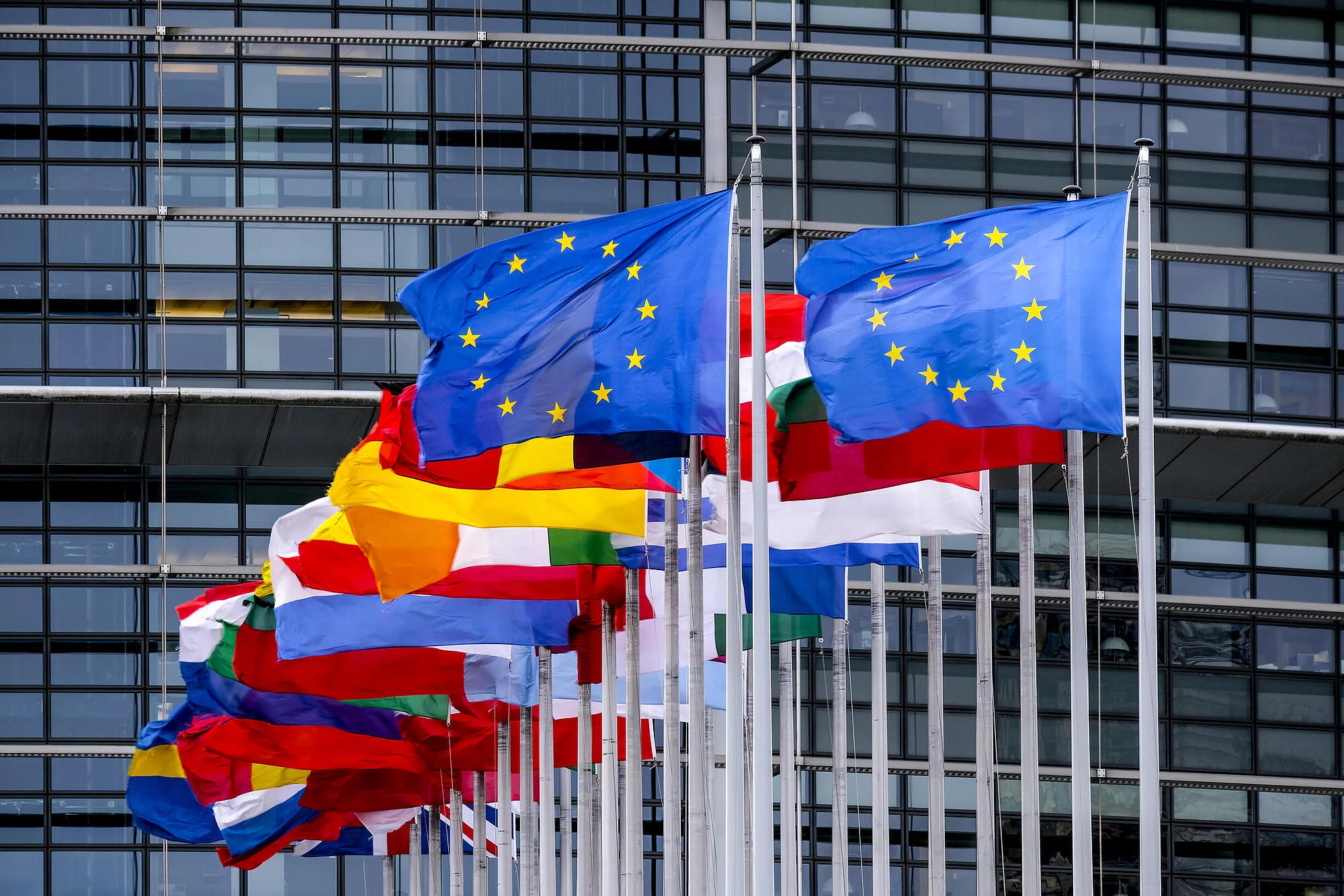European Centre for Counterterrorism and Intelligence Studies, Germany & Netherlands – ECCI
Dr. Noor Imad Turki – Iraq – Baghdad
Regional politics plays a crucial role in shaping the global landscape, influencing international relations, and impacting the lives of millions of people. From the European Union to the Association of Southeast Asian Nations (ASEAN) and the African Union, regional political organizations have become key players in addressing economic, security, and social challenges within their respective areas.
One of the fundamental aspects of regional politics is the pursuit of common interests and the resolution of conflicts among member states. Regional organizations provide a platform for dialogue and cooperation, allowing nations to address shared concerns and work towards mutually beneficial solutions. This collaborative approach enables countries to pool resources, share best practices, and create opportunities for economic growth and development.
Moreover, regional politics often involves the negotiation and implementation of trade agreements, economic partnerships, and infrastructure projects. By fostering economic integration, regional organizations aim to enhance trade flows, promote investment, and stimulate economic development within their regions. This can lead to increased prosperity and improved living standards for the populations of member states.
Another significant aspect of regional politics is the management of security challenges. Many regional organizations have mechanisms in place to address security threats, such as terrorism, transnational crime, and border disputes. Through joint military exercises, intelligence sharing, and diplomatic initiatives, these organizations seek to maintain peace and stability within their regions, reducing the risk of conflicts and promoting collective security.
Furthermore, regional politics often intersect with global issues, as regional organizations engage in diplomacy and negotiations with international actors. Whether it is addressing climate change, managing migration flows, or participating in peacekeeping operations, regional organizations play a vital role in shaping the global agenda and contributing to international efforts to address complex challenges.
However, regional politics also face inherent challenges. Member states may have divergent interests and priorities, leading to disagreements and obstacles in decision-making processes. Additionally, the effectiveness of regional organizations can be hindered by limited resources, institutional weaknesses, and the lack of political will among member states to fully engage in collaborative efforts.
In conclusion, regional politics are a dynamic and influential force in the contemporary world. By promoting cooperation, addressing common challenges, and fostering economic and security integration, regional organizations play a pivotal role in shaping the political, economic, and social dynamics within their respective regions. Understanding and engaging with regional politics is essential for comprehending the complexities of international relations and working towards a more peaceful and prosperous global community.
European Centre for Counterterrorism and Intelligence Studies, Germany & Netherlands – ECCI




